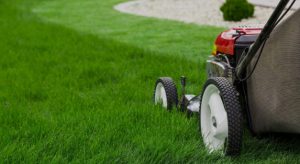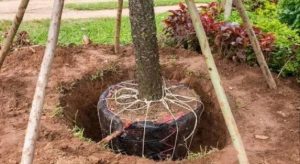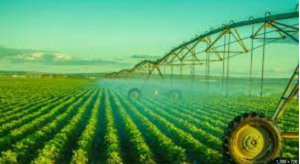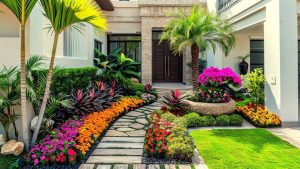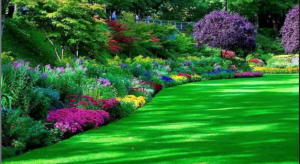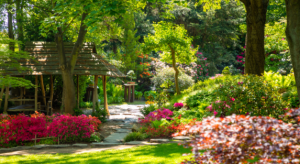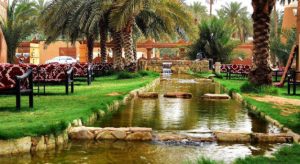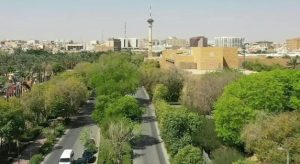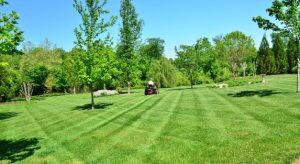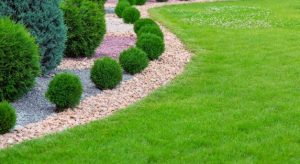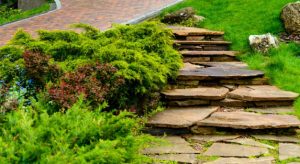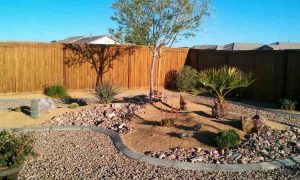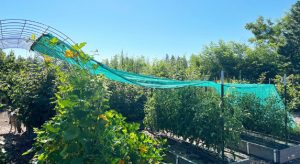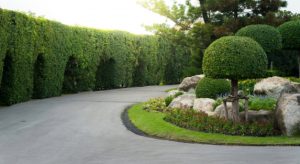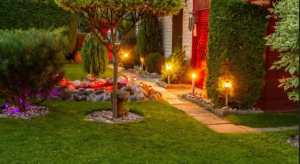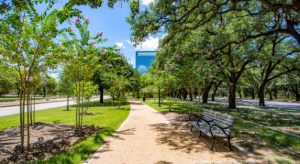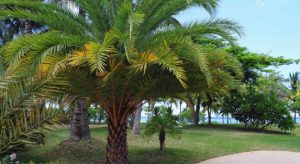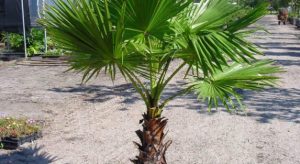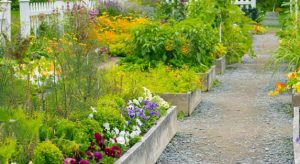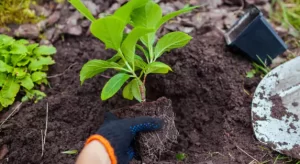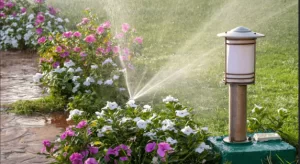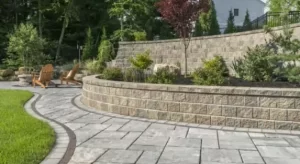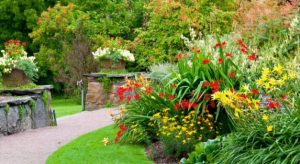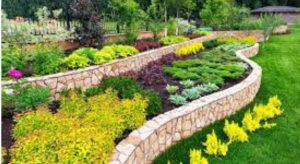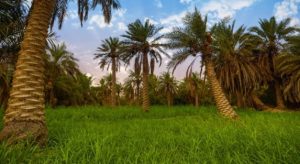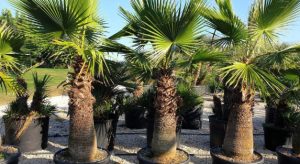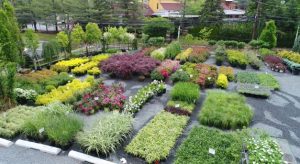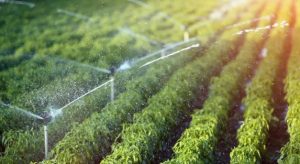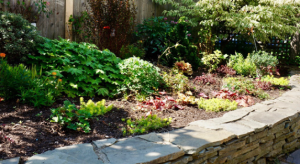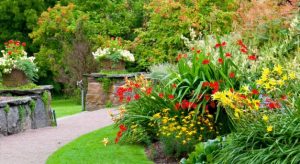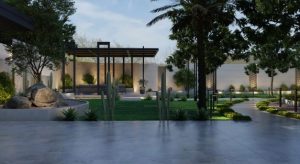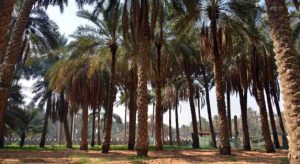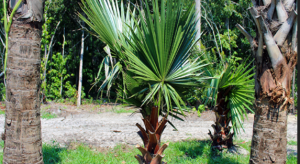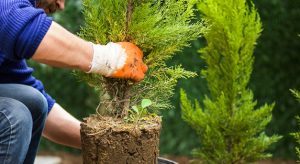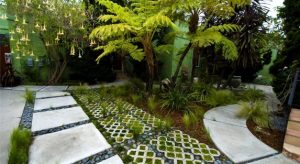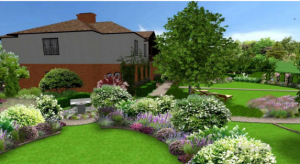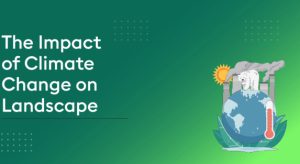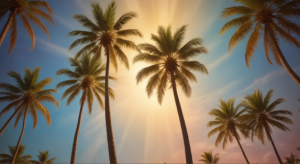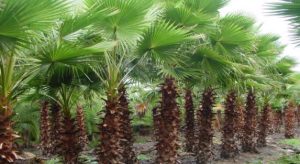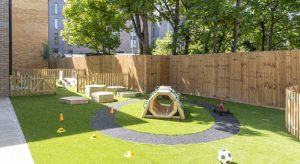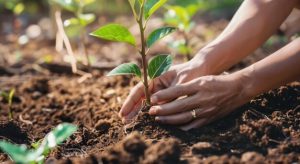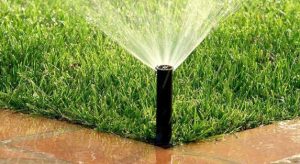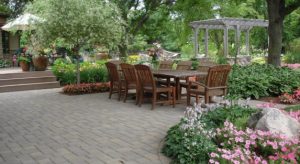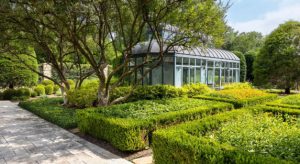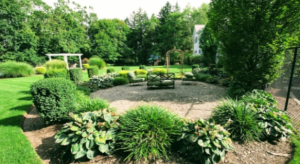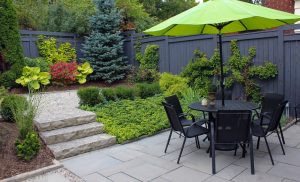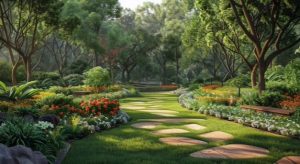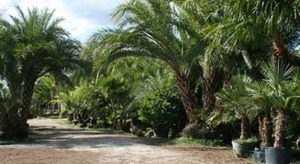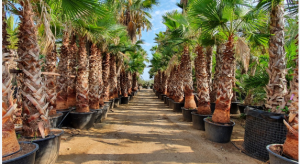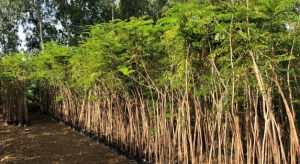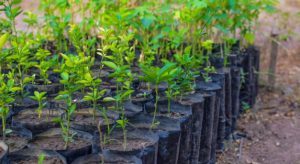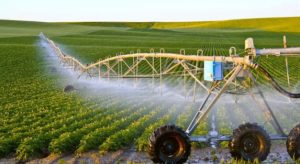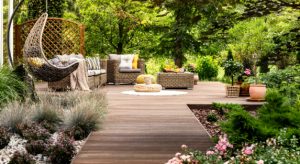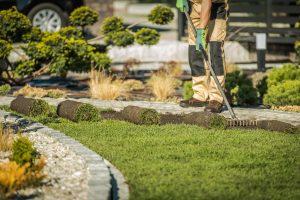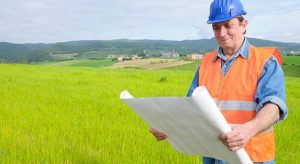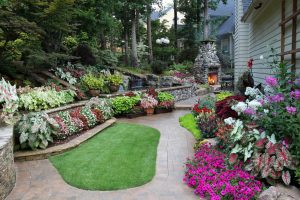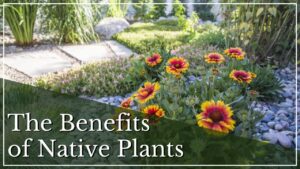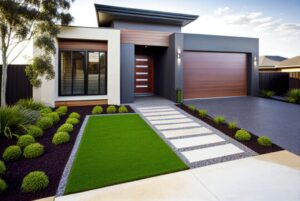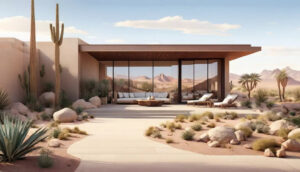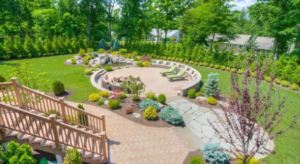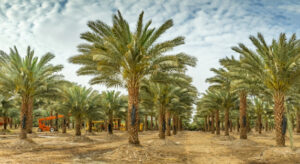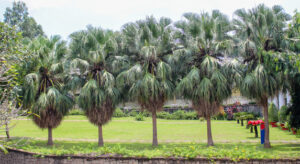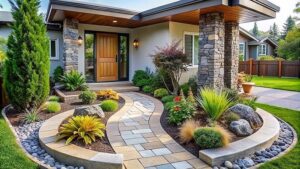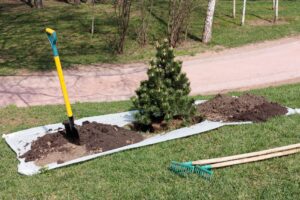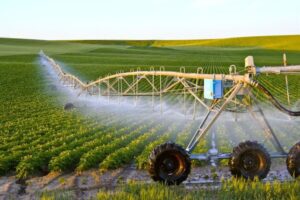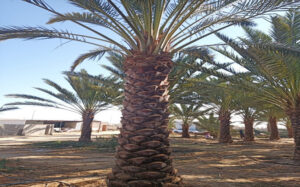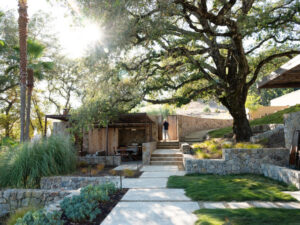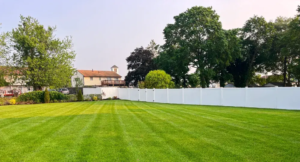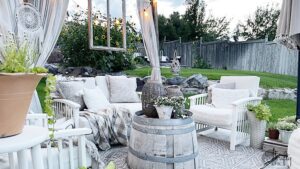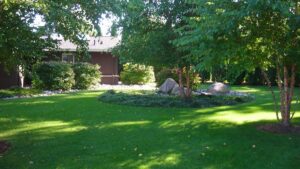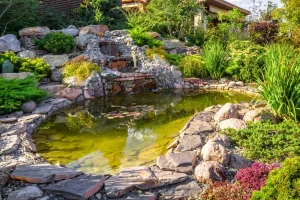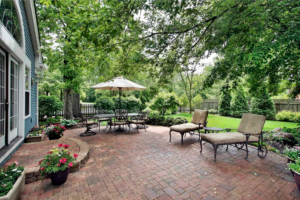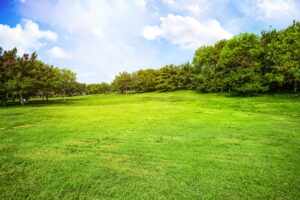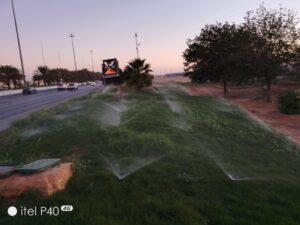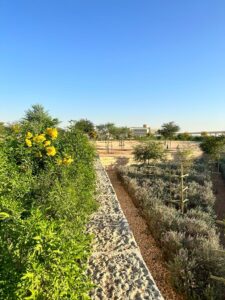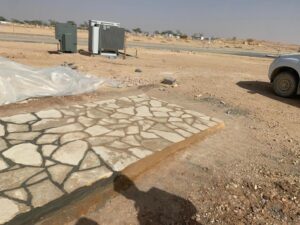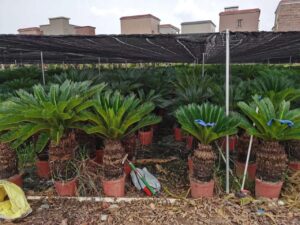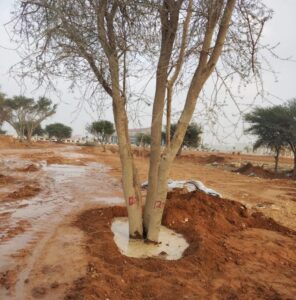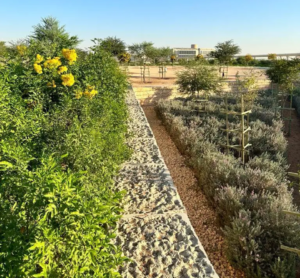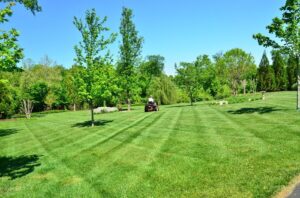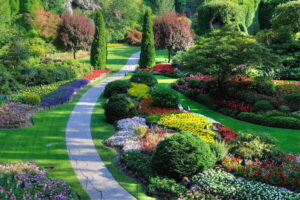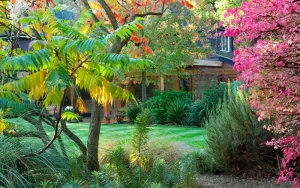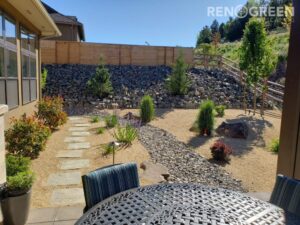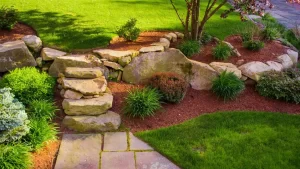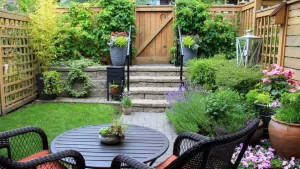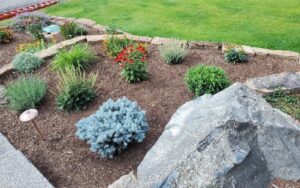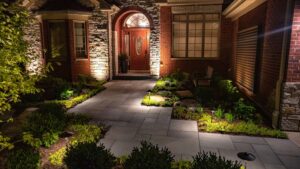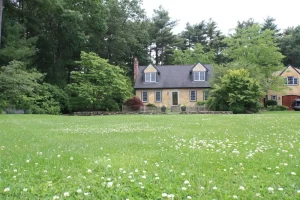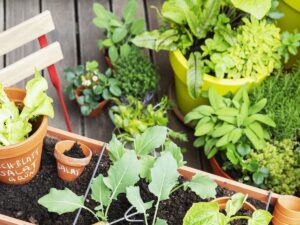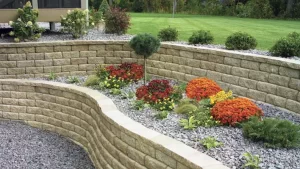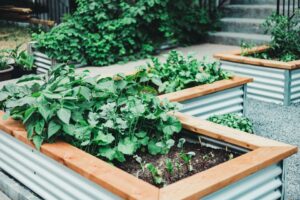The Ultimate Guide to Softscape Landscaping in Riyadh
30 May, 2024
Introduction
Softscape landscaping in Riyadh plays a crucial role in transforming outdoor spaces into lush, vibrant, and inviting areas. In Riyadh, where the climate poses unique challenges, effective softscape strategies can create beautiful and sustainable landscapes. This guide will take you through the essentials of softscape landscaping, offering tips and insights tailored to Riyadh's environment.
Understanding Softscape Landscaping
Softscape landscaping involves the use of living elements such as plants, trees, shrubs, and flowers to enhance the aesthetic appeal of a garden or yard. Unlike hardscape elements, which include stones, bricks, and structures, softscape elements are dynamic and constantly changing. This aspect of landscaping focuses on creating a harmonious and natural environment that complements the overall landscape design.
The Importance of Softscape in Riyadh
In a city like Riyadh, where the harsh desert climate can make greenery scarce, softscape landscaping is vital. It not only improves the visual appeal but also contributes to a cooler and more comfortable microclimate. Softscaping can reduce the heat island effect, provide shade, and enhance air quality, making outdoor spaces more enjoyable and livable.
Key Elements of Softscape Landscaping
Plants and Trees
Selecting the right plants and trees is fundamental to softscape landscaping. In Riyadh, it is important to choose species that can withstand high temperatures and low water availability.
Shrubs and Hedges
Shrubs and hedges add structure and form to the landscape. They can be used to create boundaries, provide privacy, and add layers of texture and color.
Grass and Ground Cover
Grass lawns and ground covers provide a soft, green carpet for the landscape. Drought-resistant varieties are ideal for Riyadh’s dry climate.
Flower Beds
Flower beds bring vibrant colors and scents to the garden. Choosing native and drought-tolerant flowers ensures a sustainable and low-maintenance display.
Ornamental Features
Elements like ornamental grasses, succulents, and decorative stones can enhance the aesthetic appeal and add unique character to the landscape.
Choosing the Right Plants for Riyadh’s Climate
Riyadh’s climate is characterized by extreme heat and low rainfall. Opting for native plants or those adapted to arid conditions is crucial. Species such as date palms, bougainvillea, and desert roses thrive in these conditions and require minimal water.
Soil Preparation and Conditioning
Good soil preparation is essential for healthy plant growth. In Riyadh, the soil tends to be sandy and low in nutrients. Adding organic matter, compost, and appropriate fertilizers can improve soil structure and fertility, ensuring better water retention and plant health.
Watering Techniques and Irrigation Systems
Efficient watering is key in an arid environment. Drip irrigation systems are highly recommended as they deliver water directly to the plant roots, reducing water wastage. Implementing smart irrigation controllers can also help optimize water usage by adjusting schedules based on weather conditions.
Seasonal Planting Tips
Timing is everything in gardening. In Riyadh, the best planting seasons are fall and spring when temperatures are milder. Avoid planting during the peak summer months to prevent stress on new plants. Seasonal planting ensures better establishment and growth of plants.
Incorporating Native Plants
Native plants are well-suited to Riyadh’s climate and soil conditions. They require less water, are more resistant to local pests and diseases, and provide habitat for local wildlife. Examples include the Arabian jasmine, frankincense tree, and oleander.
Pest and Disease Management
Pests and diseases can damage your plants and disrupt your landscape. Integrated Pest Management (IPM) strategies, such as using beneficial insects, organic pesticides, and maintaining plant health, can effectively control these issues. Regular monitoring and prompt action are essential.
Sustainable Landscaping Practices
Sustainable landscaping focuses on conserving resources and reducing environmental impact. Practices such as mulching, composting, using recycled materials, and selecting drought-tolerant plants contribute to a sustainable garden. Implementing these practices ensures a beautiful landscape that supports environmental health.
Maintenance and Pruning Tips
Regular maintenance keeps your landscape healthy and attractive. Pruning helps control plant growth, removes dead or diseased branches, and encourages flowering. Fertilizing, mulching, and checking irrigation systems are also part of routine maintenance.
Designing a Softscape Layout
Designing a softscape layout involves planning the placement of plants and other elements to create a cohesive and functional space. Consider factors such as plant size, growth habits, light requirements, and color schemes. Creating focal points and using layers can enhance visual interest.
Benefits of Professional Landscaping Services in Riyadh
Hiring professional landscapers can be beneficial, especially in a challenging climate like Riyadh’s. Experts can provide tailored advice, high-quality plants, and efficient installation and maintenance services. They ensure your landscape is both beautiful and sustainable.
Conclusion
Softscape landscaping transforms outdoor spaces into lush, vibrant environments, even in the arid climate of Riyadh. By choosing the right plants, preparing the soil, and employing efficient watering techniques, you can create a stunning and sustainable garden. Whether you do it yourself or hire professionals, softscape landscaping enhances your outdoor living experience and contributes to a greener, more beautiful Riyadh.
FAQs
Q1: What are the best plants for softscape landscaping in Riyadh?
A1: Native and drought-tolerant plants such as date palms, bougainvillea, and desert roses are ideal for Riyadh's climate.
Q2: How often should I water my garden in Riyadh?
A2: Watering needs vary, but generally, drip irrigation systems should run two to three times a week, adjusting based on weather and plant requirements.
Q3: What is the best time for planting in Riyadh?
A3: The best planting seasons in Riyadh are fall and spring when temperatures are moderate.
Q4: How can I improve soil quality in Riyadh?
A4: Improve soil quality by adding organic matter, compost, and appropriate fertilizers to enhance soil structure and fertility.
Q5: Why should I hire professional landscapers?
A5: Professional landscapers provide expertise, high-quality plants, efficient installation, and maintenance services, ensuring a beautiful and sustainable landscape.
- Fountain and Waterfalls
- Gardening
- hardscape
- Irrigation system
- Landscape
- Lawn
- Nursery
- Palm Tree
- Plantation and Maintenance
- softscape
- Tree Transplanting
- Washingtonian Tree
Categories
Latest Post
- Fountain and Waterfalls
- Gardening
- hardscape
- Irrigation system
- Landscape
- Lawn
- Nursery
- Palm Tree
- Plantation and Maintenance
- softscape
- Tree Transplanting
- Washingtonian Tree





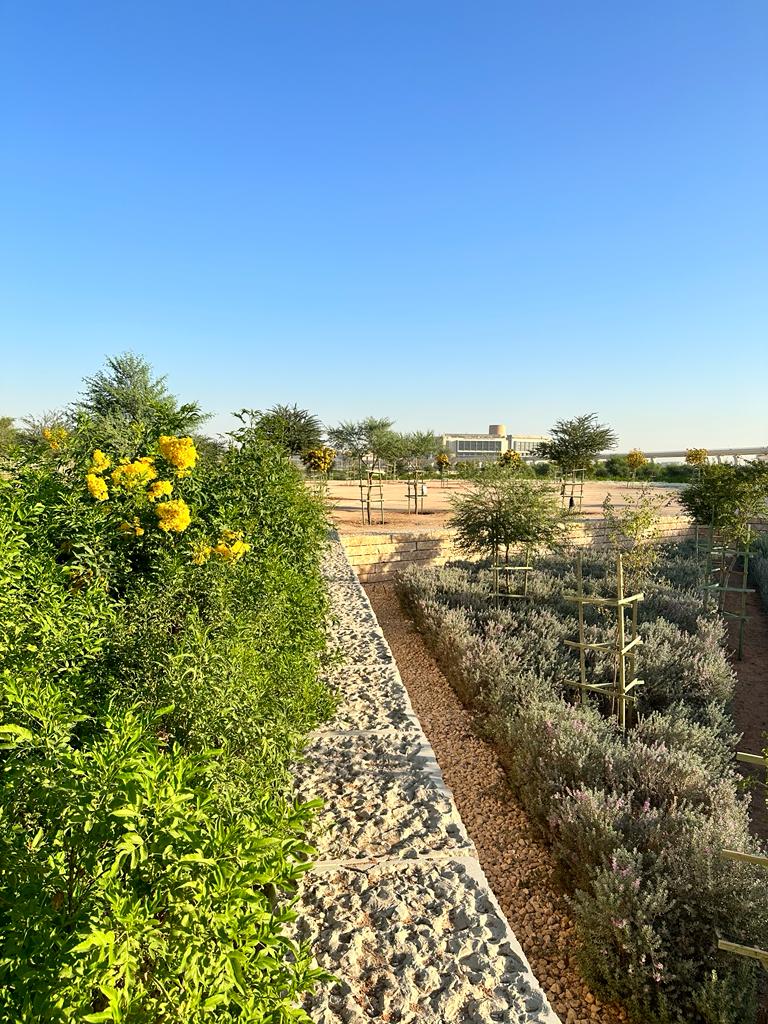
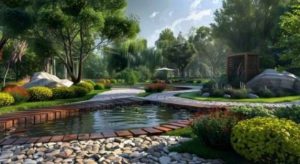
 .
.